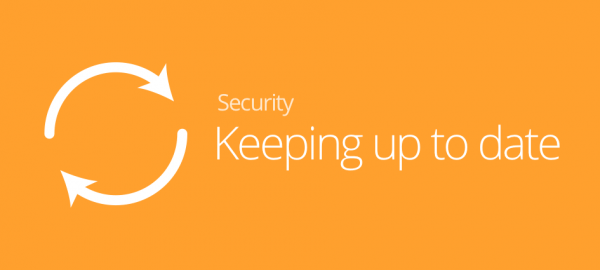Cyberattacks are becoming increasingly costly to organisations, both in terms of money and reputation. With the digital landscape evolving at a dizzying pace, many companies find it difficult to pursue security strategies that meet their business goals. Instead, they find themselves in a permanent cycle of reacting to new regulations, the latest cyber security news, and potential or actual threats. Here we look at how cyberattacks affect a website’s SEO and why many current SEO strategies are reactive rather than proactive.
How does a cyberattack affect SEO?
Hacks happen every day and some of them are so subtle that you might not even realise your website has been hacked – at least, not until you suddenly find yourself quarantined by Google. Once your site has been flagged as containing malware, your search ranking will plummet and so will your site traffic and your revenues.
It’s not only about Google and search rankings, however. User experience is a major factor and that’s why reliability and response times are cornerstones of effective SEO. Visitors to a site want an intuitive, engaging experience that loads quickly and looks good on any device. They also need to have confidence that the site is handling personal data securely and following the latest legislation. However, a DDoS attack or malware injection can destroy trust in an instant and the repercussions of that are possibly more damaging than a dip in search ranking.
A business can get off Google’s quarantine list by fixing its website issues. Restoring consumer confidence after a breach is more difficult to achieve.
Why are SEO strategies reactive?
The primary reasons for this are two-fold: lack of understanding of the cyber security world and the speed of change.
Many organisations do not truly understand the importance of security as part of their SEO strategy. There may be an assumption that hosting companies are responsible for website security, when in reality they might not be devoting sufficient resources to preventing hacks. Also, even if an IT team does promote security, getting buy-in from those who make the decisions can be difficult. If business goals are dictated by reactions to the latest cyber security news and an emphasis on adding value, it’s challenging to get investment in measures to prevent something that ‘might’ happen.
Secondly, the continuous evolution of malware and other types of malicious attack means that traditional cybersecurity strategies often aren’t sufficient. It might be the simplest solution to install and maintain, but an approach that concentrates on security protection only when a known threat attempts to penetrate your defences is inadequate for today’s digital outlook.
How to be more proactive
Investing time in website security now can save a lot of money in the longer term. Keep your site up to date, including any plugins; outdated versions might have vulnerabilities. Back up your site data regularly to avoid losses.
You can further insulate your site for cybersecurity by implementing real-time monitoring. This detects any malicious activity on your site and fixes it before you’ve even become aware of its presence. SiteLock is a great addition to help businesses keep on top of their website’s security.
Finally, make site security an integral part of your SEO strategy. Enforcing high-calibre security will not only ensure a proactive approach against attack, but will also keep your site high in the search rankings where it belongs.
